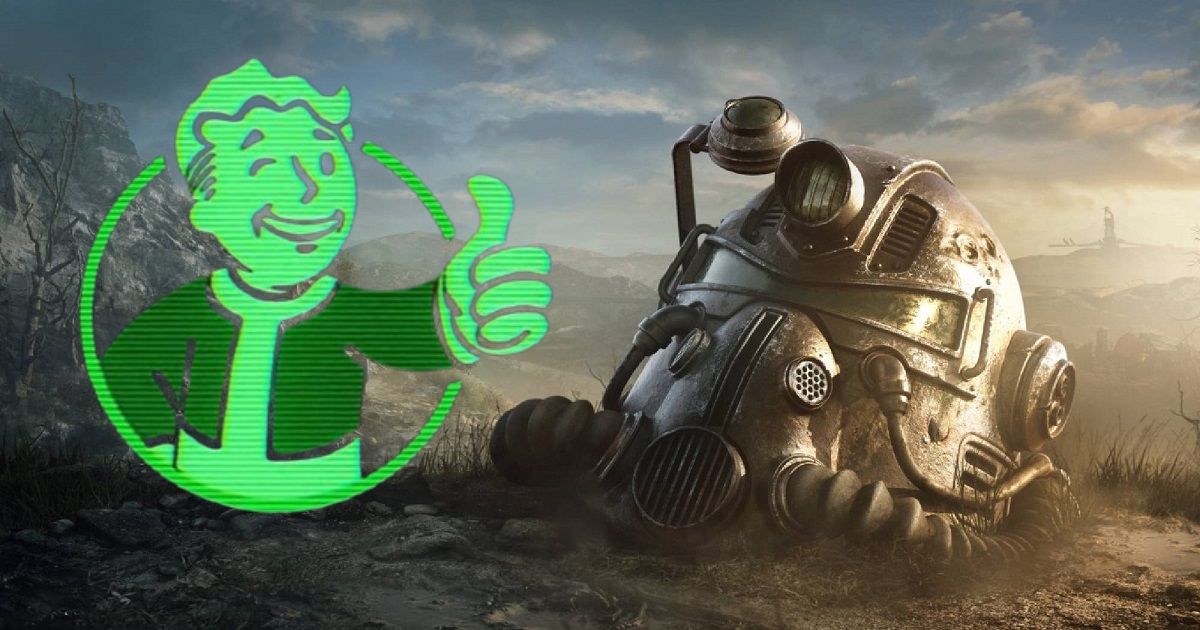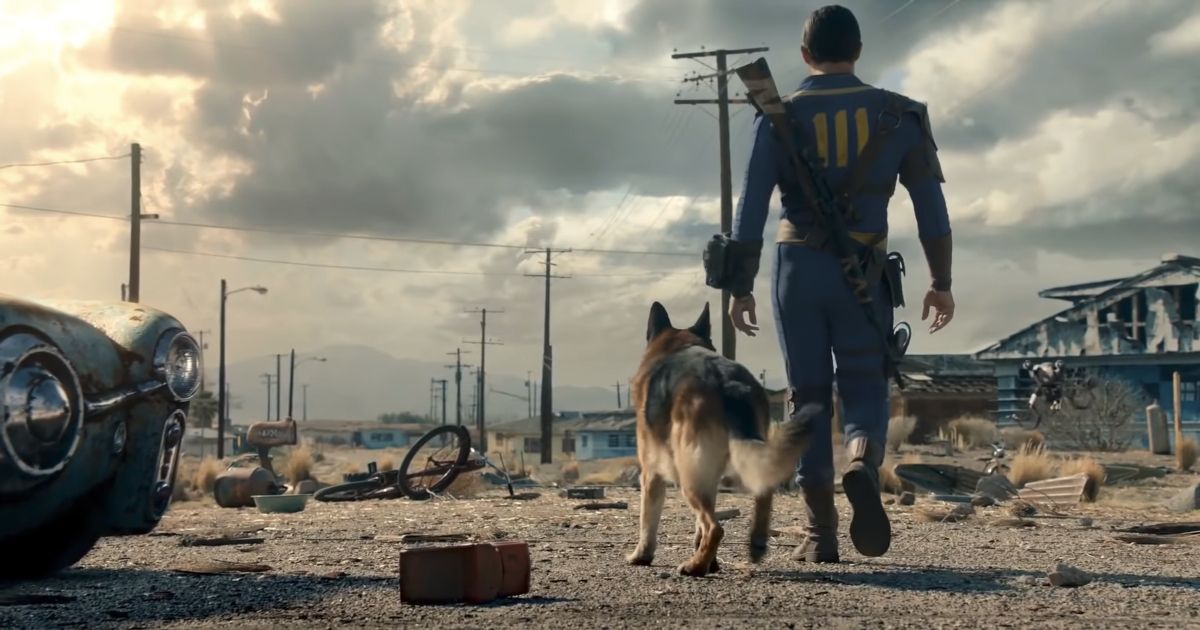Summary
- Prime Video’s Fallout series opts for an original story to avoid the challenge of adapting a game with a multitude of narrative choices, ensuring it appeals to a broad audience and doesn’t alienate fans who made different choices.
- The team behind the series, including Jonathan Nolan and Lisa Joy, has a track record of success with dark science-fiction aesthetics, giving fans hope for a high-quality adaptation.
- Prime Video’s Fallout has the potential to break the “video game curse” in the realm of TV adaptations, following the success of acclaimed series like The Last of Us and Castlevania, and capitalize on the vast storytelling potential and unique visual style of the Fallout franchise.
Prime Video’s Fallout series is one of 2024’s most anticipated video game adaptations, coming off the back of the breakaway success of HBO’s The Last of Us. Based on the beloved video game franchise of the same name, Fallout is set in an alternate future in which Japan never surrendered during WWII, leading to on-and-off conflicts between the East and West for decades, building to all-out nuclear war between America and the Communists in the year 2077. Not your typical post-apocalyptic story, the world of Fallout blends nuclear-punk technology with a 1950s aesthetic to create a truly unique and instantly recognizable world.
There are six full-sized games in the Fallout franchise – with multiple spin-offs – each with a unique story for Prime Video to adapt. However, it has been public news for some time now that the Prime Video series won’t adapt the stories from any of the games, which has left a lot of fans who were excited to see some of the series’ most iconic characters in live-action quite disappointed. However, the decision to tell a new story in Fallout‘s world is the right one for one key reason.
The Fallout Games Are Massive Stories With Too Much Choice for TV
Too much choice is rarely a bad thing. However, when attempting to adapt a sprawling video game franchise into a linear narrative TV series, problems begin to arise. Aside from their brilliantly unique style, Fallout games are known for the freedom they provide players across each playthrough. Defined as RPG’s (Role Playing Games), Fallout gives players agency over the story they are presented, letting them choose how they want to tackle missions, who to ally with, and ultimately, how the story ends. The number of choices and the multitude of endings available to players still leaves Fallout fans debating which story ending is the “true ending.”
This is exactly the problem Prime Video’s Fallout series would face were it to directly adapt any one of the games. If the series adapted a story from one of the games, it would then have to make a concrete decision as to which narrative choices its protagonist would make, potentially sidelining some of the best characters and moments from that game and inadvertently labeling these as the right decisions. No matter which decisions the series makes, it will always alienate a large portion of the fan base who made different choices during their playthrough.
The decision to produce an original story set in the world that fans have loved since 1997 is the best way for Prime Video’s series to appeal to the largest possible audience and avoid alienating hardcore fans. Obviously, fans then feel a level of uncertainty as they now have no metric to measure the potential of the story, but Prime Video’s Fallout series has an incredible team of creators and showrunners on board.
The series has been developed by Jonathan Nolan (the brother of Christopher Nolan and his frequent writing partner) and Lisa Joy, who previously developed the hit HBO series Westworld, which matches Fallout in its dark science-fiction aesthetic. Fallout also has Geneva Robertson-Dworet (Captain Marvel) and Graham Wagner (The Office) as executive showrunners. Bethesda Studios director Todd Howard will also be an executive producer on the show. However, with the quality of the last few Bethesda games, fans are still undecided about whether this is a good thing or not.
Fallout Could Prove the Video Game Curse Is Truly Broken
If you’re a fan of video games or have been on the internet during the release of any video game adaptations, then you’ll have undoubtedly heard of the video game curse. After the terrible releases of adaptations like Super Mario Bros. (1993), Doom (2005), and Prince of Persia: The Sands of Time (2010), the term ‘video game curse’ began being thrown around to describe the dreadful quality of every video game adaptation so far. The last couple of years have seen some breakthroughs, beginning with The Angry Birds Movie, of all films, and reached its peak this year with the animated Super Mario Bros. Movie.
However, TV has told a very different story for the success of video game adaptations, which Prime Video’s Fallout will be looking to emulate. Acclaimed series like the aforementioned The Last of Us, as well as Netflix’s Castlevania, Arcane, and Cyberpunk: Edgerunners, have been phenomenally received by fans and critics and, in most cases, have even breathed new life into their connected video game franchises.
With an incredible team at its helm, Prime Video’s Fallout has all the potential to achieve such a feat and go beyond. The robust nature of Fallout‘s settings allows for almost unlimited storytelling potential, with barely any pigeon-holing, as the freedom of choice found in the games is as much a blessing as it is a curse for the creators. And, if the first set photos are any metric to go by, the Fallout series has the potential to be one of the most visually striking shows of 2024.
This story originally appeared on Movieweb


